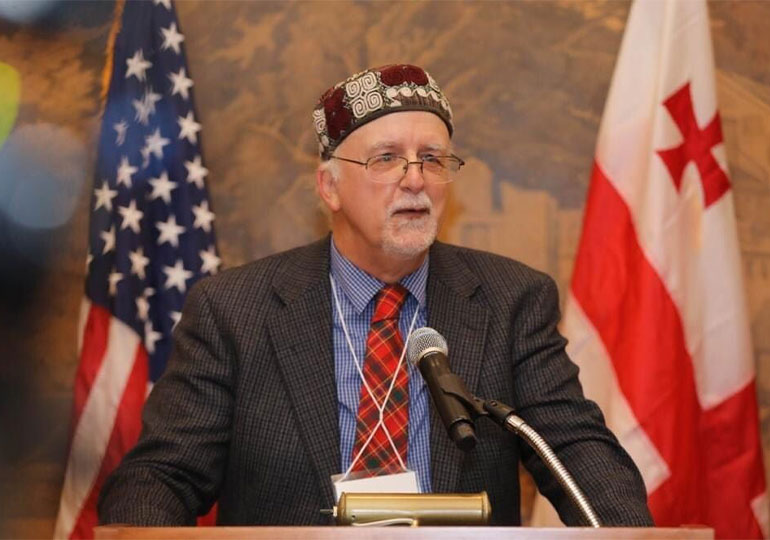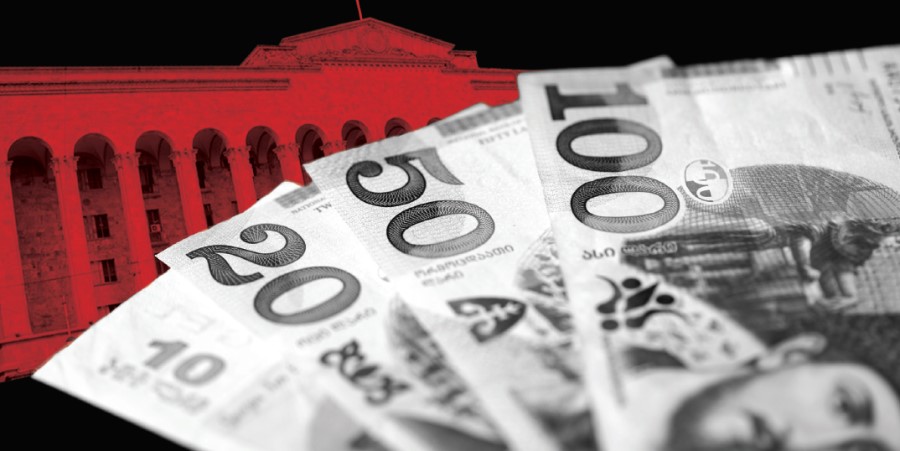Some members of The Forbes 400 have come a long way. Others were practically born into a spot on the list. Seven years ago, Forbes added an extra metric to our ranking of the country’s wealthiest people: a self-made score to show how far each of these billionaires has climbed to make it to the top.
The score ranges from 1 to 10, with 1 through 5 indicating someone who inherited some or all of his or her fortune; while 6 through 10 are for those who built their company or established a fortune on his or her own.
We looked carefully at these billionaires’ upbringings, paying special attention to their parents and their socio-economic status. To merit a score of 10, a member of The Forbes 400 would need to have been born into poverty or the lower middle class, and faced adversity such as abuse, being left an orphan or forced to work low-paying jobs. These are the true rags-to-riches stories. A prime example of what a 10 represents is Oprah Winfrey, who was born into poverty in rural Mississippi, raised in an inner-city Milwaukee boarding house and suffered sexual abuse. The 66-year-old is one of 33 billionaires on this year’s Forbes 400 scoring a 10.
A score of 1, on the other hand, represents a member of The Forbes 400 who has inherited a fortune and hasn’t actively worked to increase it. That includes 71-year-old Christy Walton, who inherited a stake in Walmart when her husband John T. Walton, the son of Walmart founder Sam Walton, died in a plane crash in June 2005. She’s joined by other superrich heirs such as brothers James and Austen Cargill, the great-grandsons of William Wallace Cargill, who founded the eponymous global food producer and distributor of products like sugar, chocolate and turkey.
Only 27 members of this year’s list scored a 1, and just 122 scored a 5 or lower. In other words, the list is overwhelmingly self-made—and it appears to be getting more so over time. When we first created the self-made score, we went back and assigned scores for the members of the 1984 list. Less than half of them were self-made. By 2014, 69% of the list was deemed self-made. Fast forward to the present list, and that figure has inched up to 69.5%. All but one of the 18 newcomers this year are self-made. That includes private equity tycoon Barry Sternlicht, the son of a Polish plant manager who survived the Holocaust, and Zoom Video Communications founder Eric Yuan, who immigrated from China after eight failed attempts to get a visa. Only Todd Wanek, the CEO of home furniture giant Ashley Furniture, which his father founded in the 1970s, is not self-made.
A breakdown of our scores appears below, along with representative members of The Forbes 400 for each score. Each member of The Forbes 400’s online profile page includes their self-made score.
1: Inherited fortune but not working to increase it:
Dagmar Dolby & Daniel Pritzker
2: Inherited fortune and has a role managing it:
Gordon Getty & Laurene Powell Jobs
3: Inherited fortune and helping to increase it marginally:
Abigail Johnson & Lynsi Snyder
4: Inherited fortune and increasing it in a meaningful way:
Donald Trump & Bubba and Dan Cathy
5: Inherited small or medium-size business and made it into a ten-digit fortune:
Ernest Garcia III & Micky Arison
6: Hired hand or hands-off investor who didn’t create the business:
Meg Whitman & Steve Ballmer
7: Self-made who got a head start from wealthy parents and moneyed background:
William Ackman & Reed Hastings
8: Self-made who came from a middle-class or upper-middle-class background:
Mark Zuckerberg & Jeff Bezos
9: Self-made who came from a largely working-class background; rose from little to nothing:
Carl Icahn & Patrick Soon-Shiong
10: Self-made who not only grew up poor but also overcame significant obstacles:
George Soros & Oprah Winfrey.

Forbes Georgia
"Forbes Georgia-ის სარედაქციო ბლოგპოსტების სერია "როგორ გამდიდრდა“ და "საქართველო რეიტინგებში".












